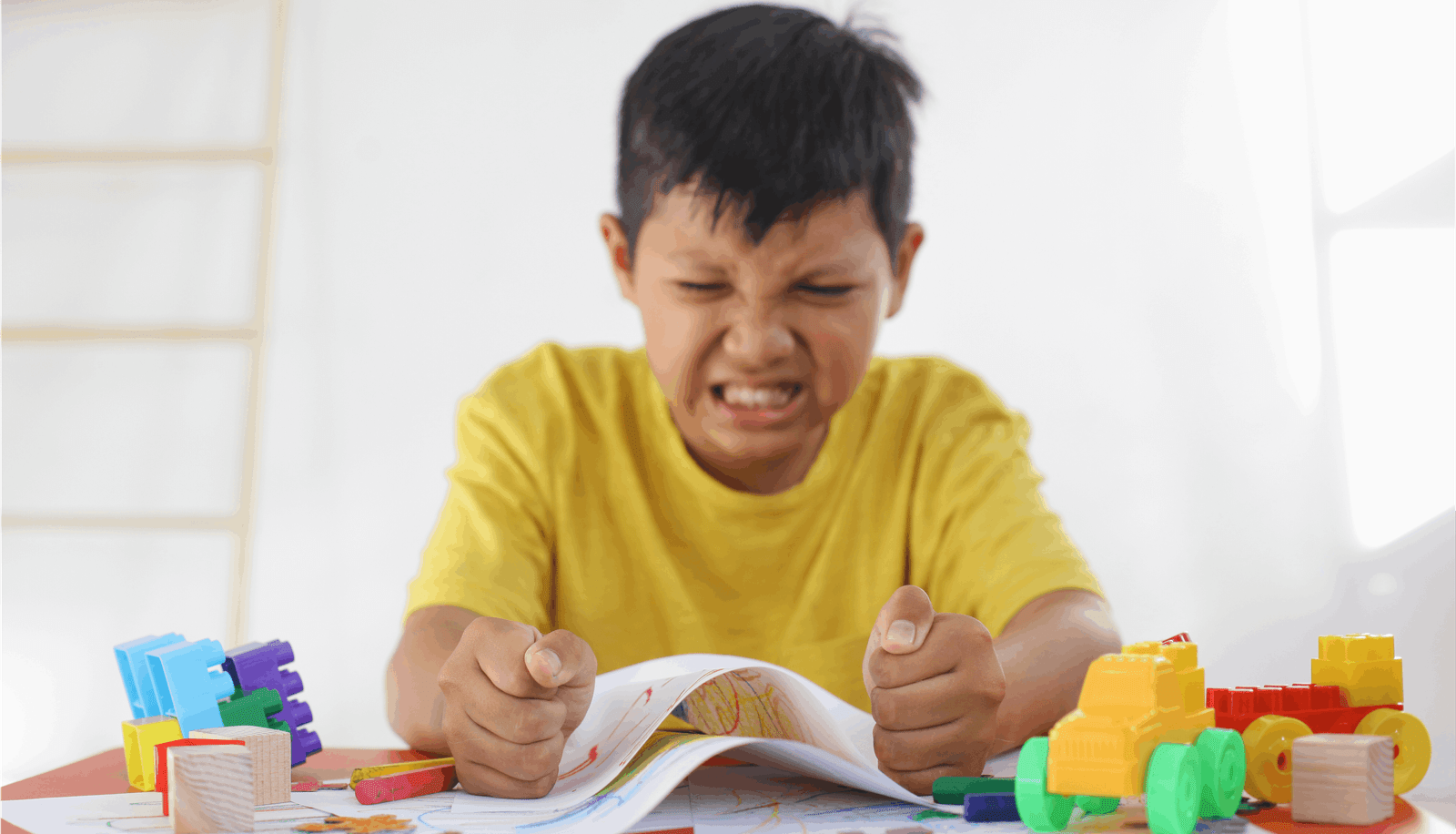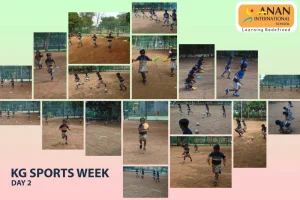Anger

Many people go through life never really learning how to deal with anger in a healthy way. They either stuff it down, explode in violence, or withdraw from the world altogether. As a result, they never learn how to express their anger positively or use it as a tool for problem-solving. This is why teaching children about anger early on is so important.
Let them know that it’s normal for them to feel angry from time to time. And it’s okay for them to express their anger in appropriate ways.
As parents, it’s our responsibility to help kids understand “anger” and how to deal with it in healthy ways. One way to do this is to talk about what anger feels like. Help them identify the physical signs of anger, such as a pounding heart or clenched fists. Then talk about some healthy ways to express anger, such as punching a pillow or going for a walk.
Remind them that it’s okay to seek help when feeling overwhelmed by anger. Teaching children to deal with their anger can help them avoid some of the negative consequences of unchecked rage.
Loneliness

The topic of loneliness is not typically discussed with children, but it is an important emotion to understand. Loneliness can be described as a feeling of isolation or dissatisfaction. We can feel lonely even when we are surrounded by people. While it is normal to feel lonely from time to time, chronic loneliness may negatively affect physical and mental health. It is important to teach children about loneliness so that they can recognize the feeling and know how to cope with it.
First of all, validate your child’s feelings. Let them know that it is okay to feel lonely and that you understand how they are feeling.
Second, encourage your child to express their feelings through art, writing, or other creative outlets. This can help them to process their emotions and connect with others who may be feeling the same way.
Finally, encourage your child to seek out social activities and make new friends. This can help them to find companionship and build self-confidence.
By taking time to teach children about loneliness, we can help them understand and cope with this universal emotion.
Jealousy

Jealousy is a normal emotion that starts to develop in toddlers and can continue into adulthood. It’s natural to feel jealous when we see someone else with something we want or feel like we’re not getting enough attention. Although it can be hard to cope with feeling jealous, there are some things you can do to make it easier.
Firstly, consider encouraging your children to express their feelings. This might mean talking about what they’re feeling, journaling, or even drawing pictures. It’s also important to help them understand that everyone feels jealous sometimes and that it’s nothing to be ashamed of.
You may provide reassurance and support when they feel jealous. Encourage your children to focus on their strengths and accomplishments rather than comparing themselves to others.
Finally, let them know that you love them no matter what and are there for them. With a little time and patience, you can help your child deal with jealousy and build healthier relationships.






